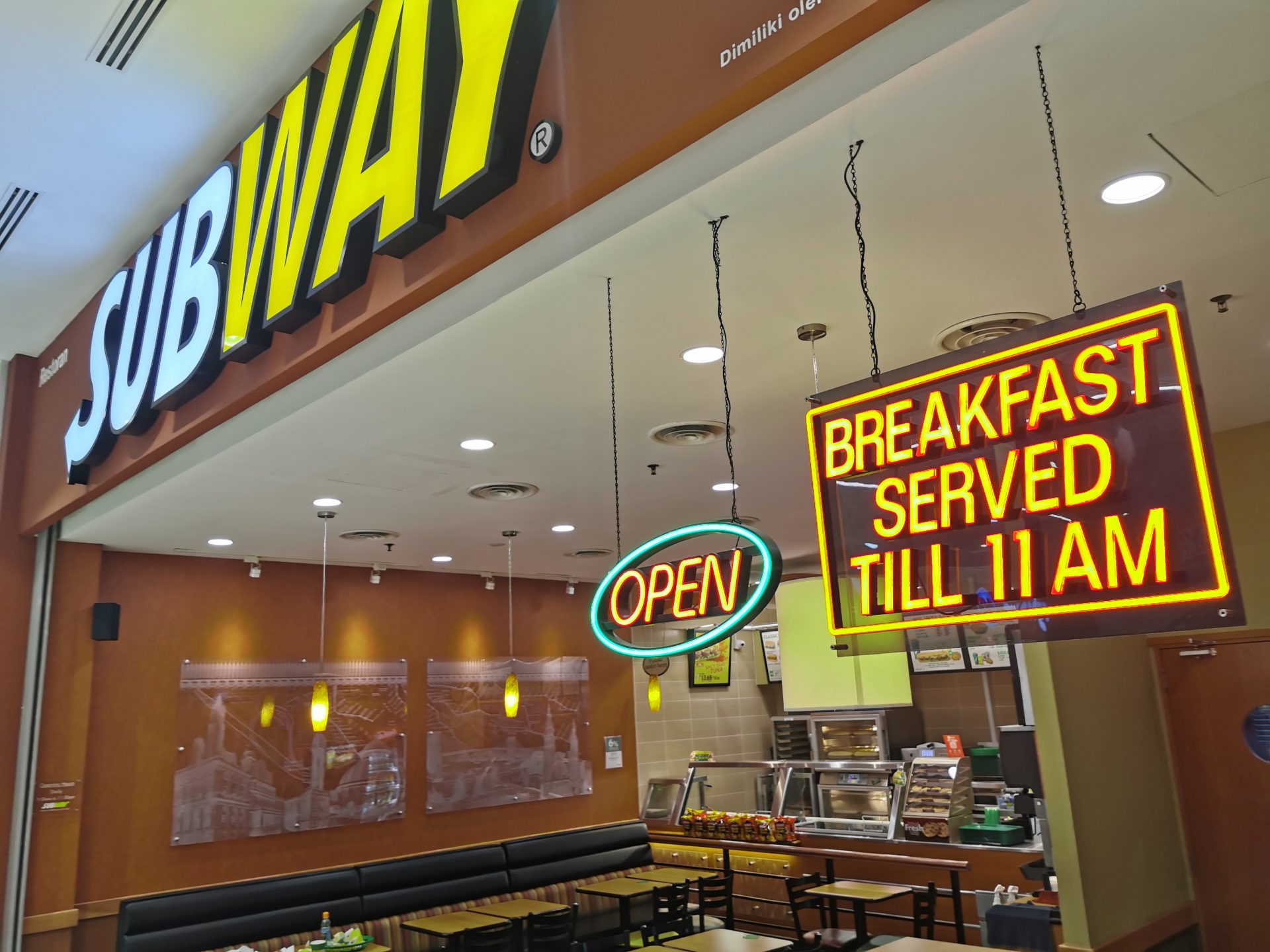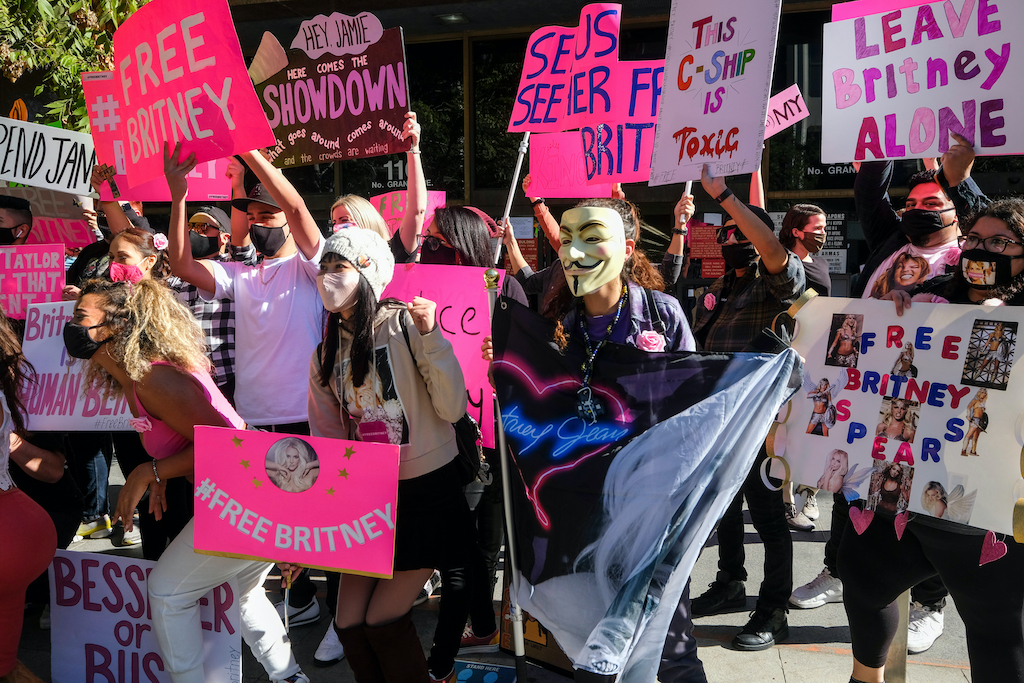On Monday, The U.S. Supreme Court unanimously affirmed a ruling that invalidates NCAA rules limiting education-related benefits and compensation for college athletes, finding that the organization should not get special treatment under antitrust law.

The justices ruled that the lower courts properly applied antitrust scrutiny to the NCAA in striking down rules related to the restriction of education-related benefits.
The decision upholds a 2020 Ninth Circuit ruling that paved the way for schools to provide athletes more benefits, such as reimbursements for computers, free tutoring, internship stipends and cash academic achievement awards. Such benefits have been limited and closely monitored under NCAA amateurism rules.
The NCAA had argued that courts should defer to its amateurism rules, which they said make college sports distinct and promote schools’ noncommercial objective of higher education.
But the Supreme Court rejected those arguments.
“The NCAA is free to argue that, because of the special characteristics of its particular industry, it should be exempt from the usual operation of the antitrust laws — but that appeal is properly addressed to Congress,” Justice Neil Gorsuch wrote in the opinion for the court.
The top court said the NCAA cannot rely on the 1984 Board of Regents v. NCAA — which had referred to the “revered tradition of amateurism in college sports” — as blanket protection for the NCAA’s amateurism system.
Justice Brett Kavanaugh slammed the NCAA over its arguments that the defining characteristic of college sports is that the athletes are unpaid amateurs, noting “law firms cannot conspire to cabin lawyers’ salaries in the name of providing legal services out of a ‘love of the law. The NCAA couches its arguments for not paying student athletes in innocuous labels. But the labels cannot disguise the reality: The NCAA’s business model would be flatly illegal in almost any other industry in America.”
Steve Berman, an attorney for the athletes, said of the ruling, “It is our hope that this victory in the battle for college athletes’ rights will carry on a wave of justice uplifting further aspects of athlete compensation. This is the fair treatment college athletes deserve.”
NCAA President Mark Emmert said in a statement, “Even though the decision does not directly address name, image and likeness, the NCAA remains committed to supporting NIL benefits for student-athletes.”
The ruling toed the line between allowing more benefits for student-athletes while not completely opening the door to a pay-for-play system that the NCAA claims would destroy the fundamental nature of college sports.
“Still, some will see this as a poor substitute for fuller relief,” Justice Gorsuch said Monday. “At the same time, others will think the district court went too far by undervaluing the social benefits associated with amateur athletics. For our part, though, we can only agree with the Ninth Circuit” that it is not the task of judges to solve it, but only review the lower court decision “through the appropriate lens of antitrust law.”
Read more articles from Haute Lawyer, visit https://hauteliving.com/hautelawyer/


















